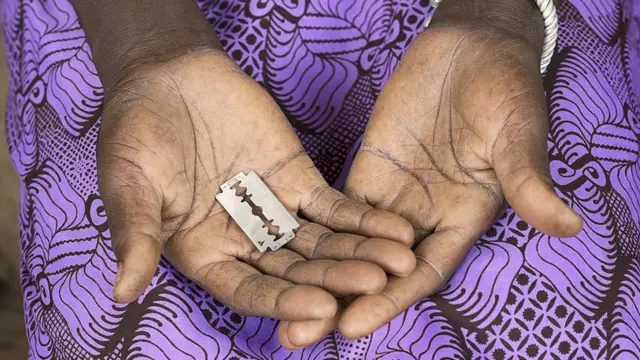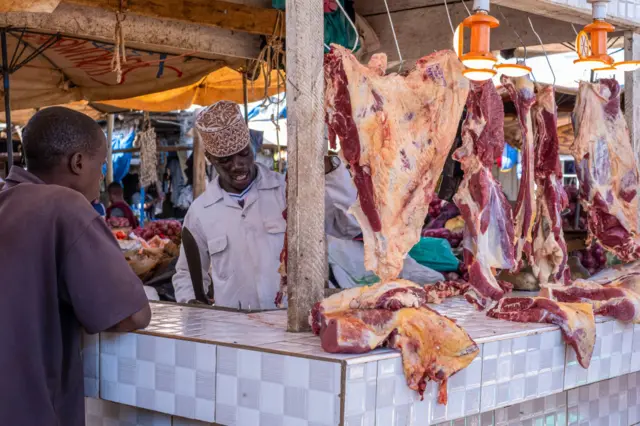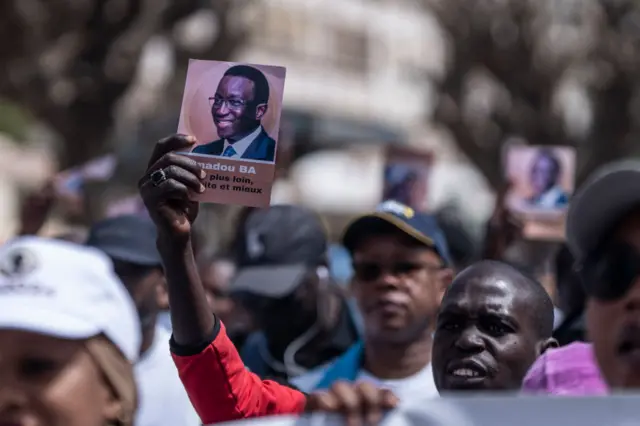Concern as FGM cases rise to 230 millionpublished at 12:02 GMT 8 March 2024
 Image source, Getty Images
Image source, Getty ImagesSome of the risks of FGM include severe pain, infections, excessive bleeding and urine retention
The number of women and girls undergoing female genital mutilation (FGM) has risen by 15% in the past eight years, according to the UN’s children’s agency Unicef, external.
There are now 230 million women and girls around the world who have been subjected to genital cutting, says Unicef, which is 30 million more than the previous data.
Most of these are in Africa, with more than 144 million cases, followed by Asia (80 million) and Middle East (six million).
Around 40% girls and women who have undergone female genital mutilation live in countries affected by conflict or instability, including Ethiopia, Nigeria and Sudan.
But Unicef also says that there has been a progressive decline in others.
Some of the countries where FGM cases have declined are Sierra Leone, Ethiopia, Burkina Faso and Kenya.
However, Somalia, Guinea, Djibouti and Mali still have high numbers, with at least 89% of the women there between 15 and 49 years having undergone the cut.
"We're also seeing a worrying trend that more girls are subjected to the practice at younger ages, many before their fifth birthday," Unicef Executive Director Catherine Russell says.









